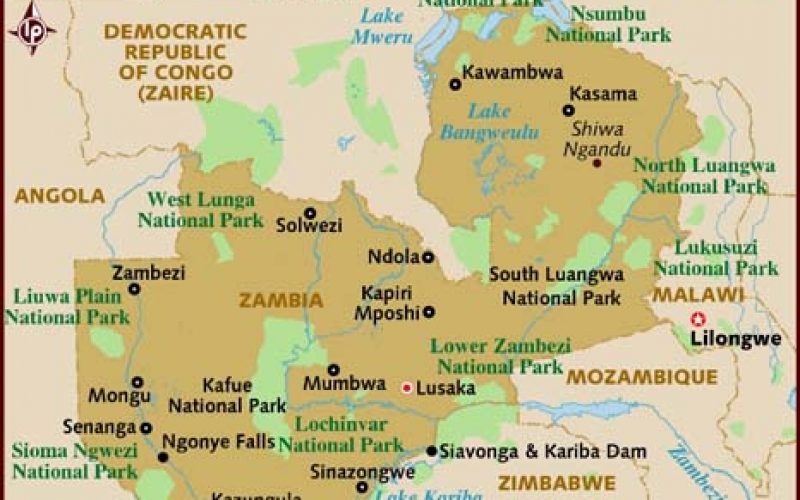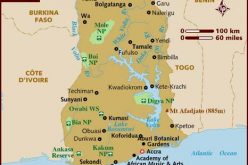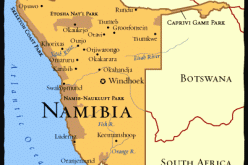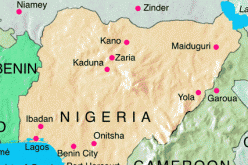Anglican Communion News Service (London)
Press Release
A group of Zambian Anglicans wowed by the impact of rural evangelism has challenged the Church to evangelise to the farthest parts of the country.
The challenge came following a week of church planting in one of Zambia’s most remote and neglected towns of Chama, a small town in the Eastern Province of Zambia. The headquarters of Chama District, Chama town is one of the most remote district headquarters in the country, lying just inside the eastern edge of Luangwa National Park.
Fr Katete Jackson Jones is a priest from Lusaka Diocese and one of the organisers of the project. He told ACNS today, “Most of the churches that we currently have in Zambia were planted by missionaries many years ago, but the Church today has not done much to plant indigenous churches in the country”.
He added, “The passion for evangelism has been eroded by Church politics because so much time is being spent on church politicking instead of devoting… time and finances to evangelism.”
Anglicanism unheard of
Fr William Vwapu is the parish priest for St Andrews Parish in Lusaka. He was also part of the 32-man team that went to evangelise in what he said was “an area where some people had never even heard about the Anglican Church.”
“Some people showed an interest in building a girls’ school in the area but we felt it would be good to have a church there first,” he said. “When we visited this area last year, we taught Anglicanism to people who had never even heard about the Anglican Church and baptised eight of them.
“We reached areas that were so distant, and we saw the hand of God at every moment of our journey. When our vehicles failed us, we left them and just proceeded further into the country. We reached areas that many people would never want to go to.”
Another member of the group, Fr Zacchaeus Zulu, said the exciting experience had made him a stronger Christian and even left him more interested in the Church.
Local initiative
“Last year when we visited the area, we managed to plant five congregations, but this year we were amazed to find that the local converts had themselves planted two more congregations,” he said.
Fr Katete complained that the Church was focusing more on urban areas instead of taking the Gospel far and wide and sharing the love of Christ with all the people.
“A lot of souls are being lost in rural areas. Divorce rates are high and girls are being married off at very tender ages,” he said adding that he believed a lack of commitment to evangelism in the Church was preventing more people hearing about Christ.
“If a few people can put their own resources together and achieve this much, how much more [could be done] if the rest of the Church in the country put their hands together [for outreach]?”
Personal investment
“We used our own stipends to embark on this vigorous door-to-door evangelism,” said Fr Katete. “Demons were cast out and lots of people were delivered. Over 400 people in total.”
The group reported that it was devastating to see that, after so many years of independence, some areas still had no roads or bridges and that some health centres were manned by cleaners because of the absence of medical personnel.
“In some of the areas we visited, some people had probably never seen a vehicle in their lives,” said Fr Vwapu. “Those who had seen one thought we were a team from the government.”
Fr Vwapu stressed that the Church needs to continue to play its social role of taking development to the most neglected areas of the country. “The early missionaries didn’t even have cars but they walked the width and breadth of this country taking the gospel and development to the people in need,” he said.
“We can do much more as a Church today. The Church needs to sponsor and extend evangelism and mission programmes to areas where it’s non-existent. The newer churches ought to be adopted and encouraged because they are better placed to help the Church grow.”
He reminded Anglicans in Zambia of the mandate given to them by Christ himself to go the ends of the earth and share the Gospel. Fr Katete said that, despite the challenges the group encountered along the way, “this is one of the most successful evangelisation missions that I have ever carried out.”
Lusaka Diocese has set September as the month for evangelism with each branch taking up different themes and activities for growing the church.










